Solutions for Marine Park Financing in Belize and Honduras
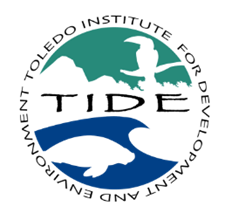
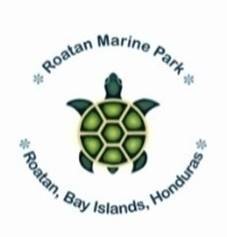


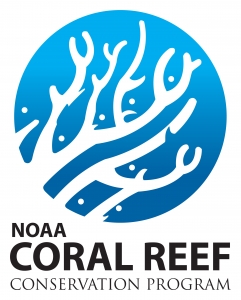
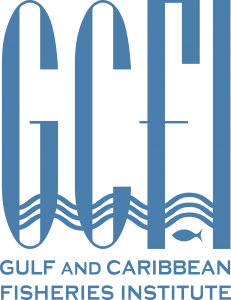
Marine park staff from Honduras and Belize came together in Roatan in the Bay Islands of Honduras recently to work on financial planning tools and to develop financial strategies that will help to support effective management of their marine parks into the future.
The focus on sustainable financing for marine protected areas is part of a larger effort in the Caribbean through MPAConnect, a network of 30 high priority coral reef marine protected areas, which is an initiative of the Gulf and Caribbean Fisheries Institute and NOAA’s Coral Reef Conservation Program.
The Coordinator of the MPAConnect network, Ms. Emma Doyle, explains: “In 2017 we asked a group of 30 Caribbean marine protected areas about their highest priority management capacity needs. Primary among some 20 different aspects of management was the need for sustainable financing to support effective marine protected areas. Despite various national and regional initiatives that have sought to address sustainable financing strategies for Caribbean marine protected areas, the financing issue is still far from resolved.”
Port Honduras Marine Reserve in Belize and Sandy Bay/West End Special Marine Protection Zone in Honduras are two allied marine protected areas that sought support from MPAConnect to work with financing experts from Wolfs Company, originating from Bonaire in the Dutch Caribbean. In a two-phase project the marine protected area managers met at each other’s parks and have worked with Wolfs Company over the last 18 months.
“We know that sustainable financing requires creative solutions that are tailored to individual sites,” commented Mr. Amilcar Guzman from Wolfs Company. “We helped these protected area managers to first assess the benefits that flow from their sites, to determine possible streams of revenue associated with these benefits, and to address obstacles affecting the flow of funds to their organizations.”
The marine park staff assessed financial needs for effective marine protected area management and developed action plans to implement sustainable financing mechanisms for their organizations to ensure long-term benefits to the environment and local communities.
The Executive Director of TIDE Belize, co-manager of Port Honduras Marine Reserve, Ms. Celia Mahung commented: “Using Wolfs’ new financial planning tool has helped us to clearly identify financial gaps, and the challenge is to continually find ways of diversifying our funding sources. We have a great start with generating our own income through TIDE Tours, but fundraising is an ongoing task.”
Ms. Francis Lean, Executive Director of Roatan Marine Park which co-manages Sandy Bay/West End Special Marine Protection Zone, commented: “A key lesson for us is that the organization already has a diverse mix of revenue sources and some of these have the potential to help us bridge the financing gap that we, and so many other protected area managers face.”
“We’re strengthening priority revenue sources and using the outcomes of financial projections to refine our fundraising strategies. This way we’re hoping to unlock new financing that will support core activities like education with local schools, coral reef research and monitoring, the promotion of sustainable tourism and enforcement patrols to ensure broad compliance with rules and regulations of the park,” she added.
Looking further ahead, MPAConnect’s capacity building and networking activities were recently approved by NOAA’s Coral Reef Conservation Program to continue into 2019 and 2020. This will see the efforts on sustainable financing expand from these two sites in Belize and Honduras to the regional level, with a focus on marine protected area sustainable financing and communications for the 10 MPAConnect countries and territories.
For more information on sustainable financing for marine protected areas please contact Amílcar Guzmán at [email protected].
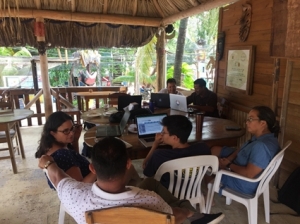

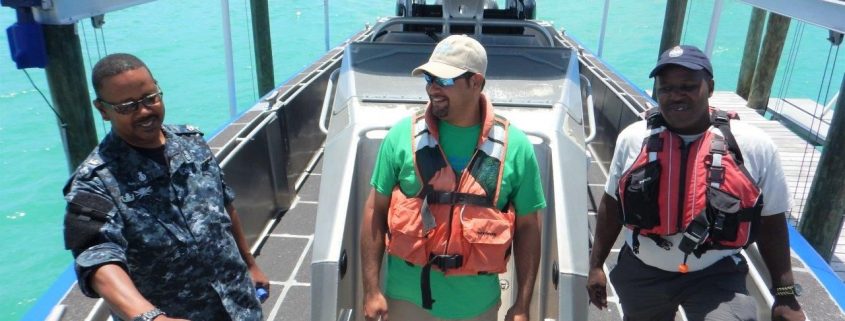


Trackbacks & Pingbacks
[…] Read the article by GCFI here. […]
Leave a Reply
Want to join the discussion?Feel free to contribute!